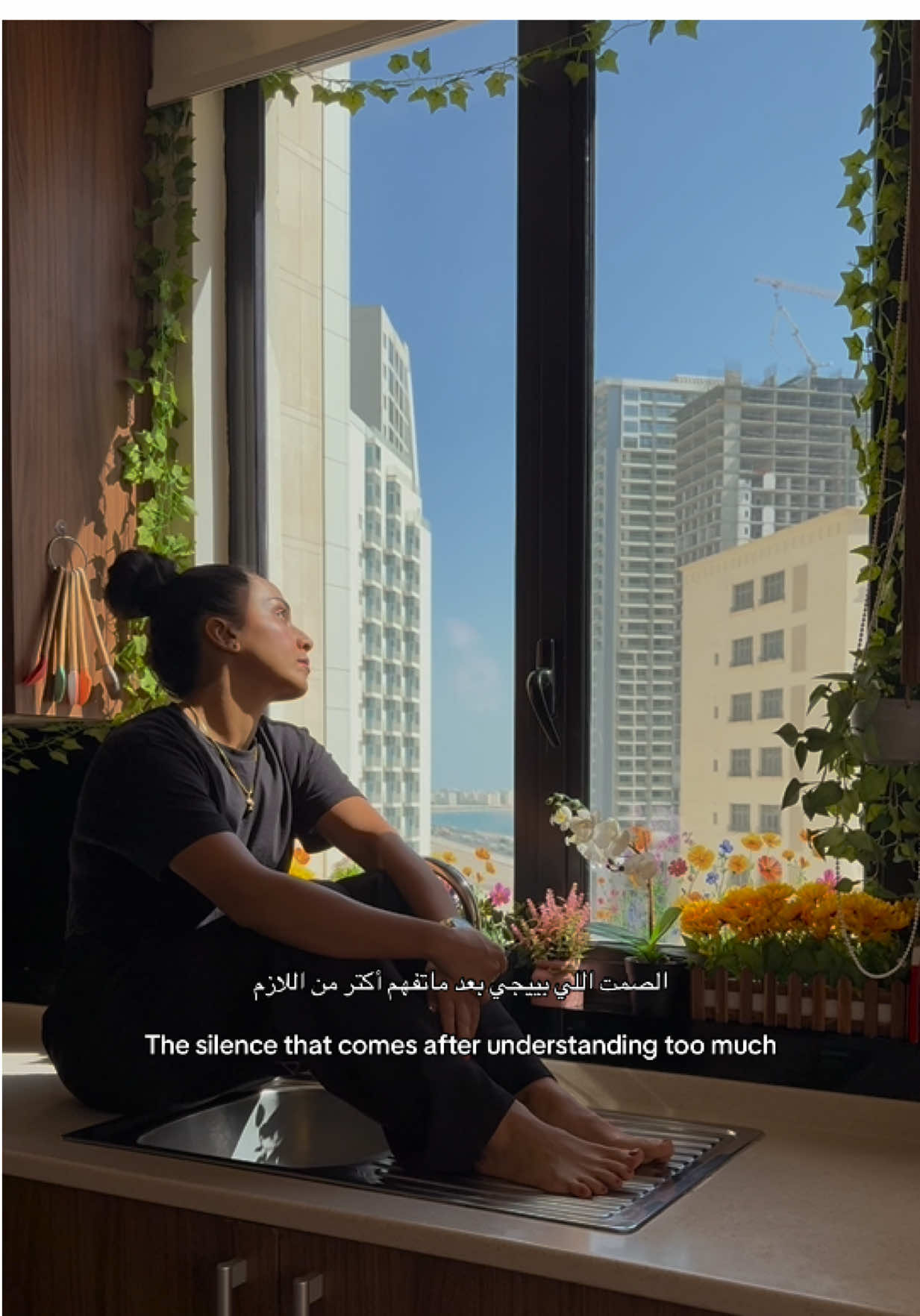movieshow109
Region: FR
Saturday 25 October 2025 15:04:45 GMT
2322
82
3
2
Music
Download
Comments
Reb becky Joubert :
😂😂😂
2025-10-26 19:30:58
0
Christian Uphoff :
😂😂😂
2025-10-25 15:09:05
1
Himo :
mdr j'adore 👍
2025-10-25 17:32:49
0
To see more videos from user @movieshow109, please go to the Tikwm
homepage.





